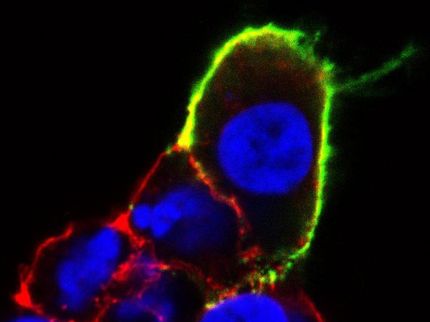New Research Allows Greater Study Into Vital Membrane Proteins
Production of purified protein a significant step for smart drug targeting research
Advertisement
Scientists in Japan have pioneered a new technique for the production and research of membrane proteins. The research, published in Protein Science, uses an E.coli based ‘cell-free Expression tool’ to produce purified membrane proteins which may have significant repercussions for smart drug targeting research.
Membrane proteins carry out a range of vital biological roles including transporting nutrients and generating energy. Because of their significance there is intense interest in collecting high-resolution structural information about these proteins as a tool for guiding smart drug design. Historically however these proteins have proven exceptionally difficult to purify intact, limiting the range of structural and functional studies that can be performed.
Shigeyuki Yokoyama and his colleagues at the RIKEN Systems and Structural Biology Center in Japan have overcome this by using a strain of the bacteria E.coli to develop a cell-free protein synthesis system.
The team used E.coli cell extracts, in a process of protein synthesis. This protein production process caused lipids to assemble into small membrane bubbles known as liposomes, which in turn incorporated the newly-folded membrane protein properly in their lipid bilayer membrane.
As an initial demonstration Yokoyama’s team worked with bacteriorhodopsin, a light-responsive protein which is used by some bacterial species to convert light into energy. Using this method the team produced a yield of functional protein between 15- and 75-fold higher than has ever been managed before.
“Based on our success with bacteriorhodopsin,” Yokoyama concludes, “our system provides an efficient strategy for the overproduction of functional membrane proteins with high yields for biochemical, biophysical, and structural studies.”
Original publication: Shimono.K, Goto.M, Kikukawa.T, Miyauchi.S, Shirouzu,M, Kamo.N, Yokoyama.S; “Production of Functional Bacteriorhodopsin by an Escherichia coli Cell-free Protein, Synthesis System Supplemented with Steroid Detergent and Lipid.”; Protein Science, Wiley-Blackwell, 2009.
























































